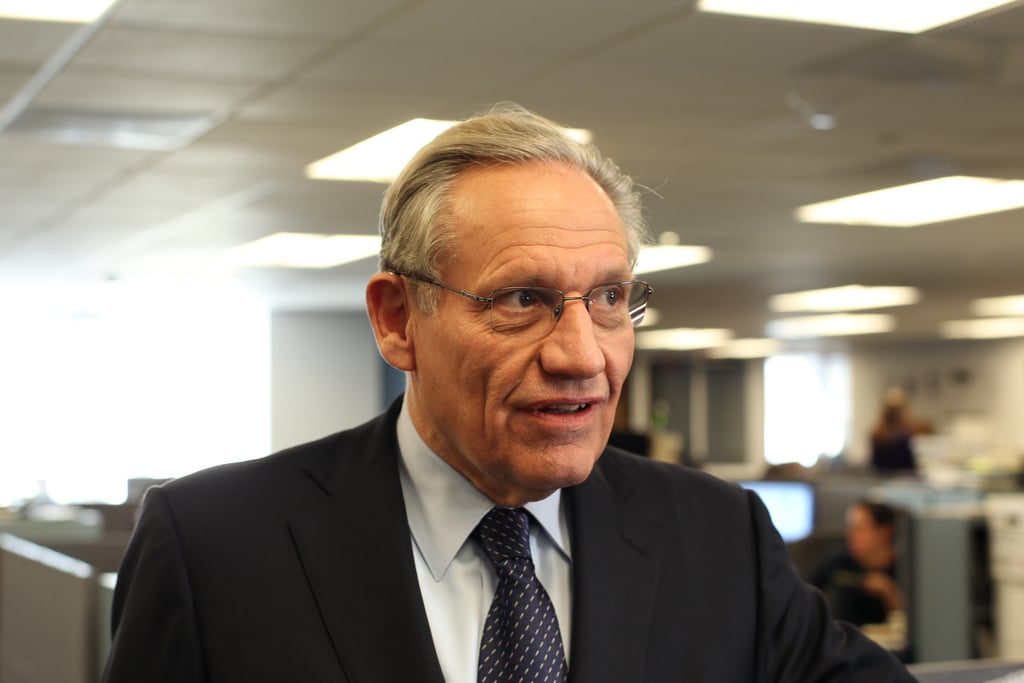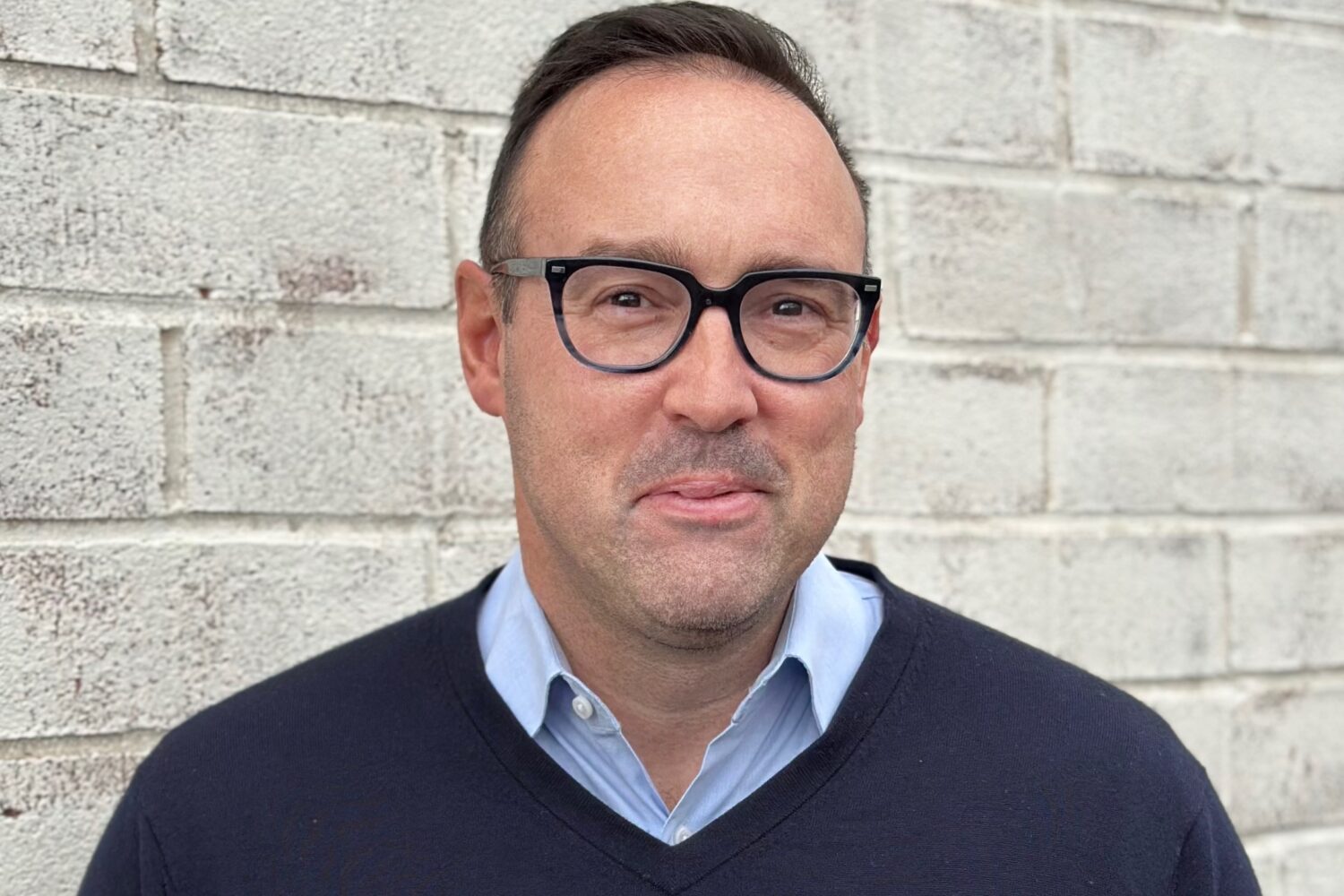Bob Woodward burned the writer Barbara Feinman Todd, she writes in a new memoir about her career as a researcher and ghostwriter. Woodward, she writes, pressed her to reveal an anecdote about her time working on Hillary Clinton’s It Takes a Village, promised not to use it, then went ahead and reported it out for his book The Choice. The charge is contained in Feinman Todd’s new memoir, Pretend I’m Not Here, which officially goes on sale Tuesday.
Washingtonian ran an excerpt from Pretend I’m Not Here in its February issue, but the Woodward story isn’t in the portion we ran. I read a finished copy of the book.
Feinman Todd and Woodward have a long professional history. As a copy aide at the Washington Post the early ’80s, she campaigned to join the investigative team the Watergate star reporter was leading, which she did in fall 1983. He later hired her as the researcher for his bestseller Veil: The Secret Wars of the CIA, 1981-1987.
Feinman Todd went on to a successful career as a researcher for Carl Bernstein, Bob Kerrey, and Ben Bradlee, and a ghostwriter for Marjorie Margolies-Mezvinsky, fringe Republican presidential candidate Morry Taylor, and Clinton.
After she finished her work on Clinton’s book in late 1995, she writes, Woodward invited her to have coffee and catch up. They went for a walk, during which he bent down and tied her shoes. And then, she writes, he began working her. He was working on a book about the Clintons and said he wanted to “understand Mrs. Clinton’s general state of mind.” She recognized the technique: “He was pressing me like a source. … The invitation to catch up, I now realized, had been a ruse because Woodward knew I was leaving town for nearly a month, and he intended to ‘empty my pockets’ while my memory was still fresh.”
Feinman Todd says she folded and gave Woodward what she calls “the pearl”: She told Woodward about a meeting she sat in on with Hillary Clinton, Mary Catherine Bateson, and the New Age author Jean Houston in the White House Solarium, where Houston guided Clinton through an exercise of imagining she was talking to Eleanor Roosevelt, then inhabiting Roosevelt’s persona and reversing the conversation. Clinton also “spoke” to Mahatma Gandhi during the exercise.
Feinman Todd says she revealed this under the condition Woodward didn’t use it, but after returning to the US after traveling in Europe, she found herself strangely frozen out by Hillary Clinton and uncredited in the book, a minor Clinton scandal that became known as “Thankyougate.”
Not long afterward, Feinman Todd writes, Woodward contacted her to say he needed to give her a “heads-up” about an excerpt of his new book that was to run in the Washington Post. “In words I can’t remember precisely because I went into a state of shock, he admitted that even though he promised not to, he had taken what I told him in confidence and gone to the other participants to confirm the story.”
Reached by phone, Woodward says Feinman Todd’s account is “not correct at all.”
Woodward, she writes, likely began reporting it out “the moment my plane took off for Italy.” Woodward’s reporting of the Solarium incident resulted in huge headlines and publicity for his book and, she says she realized, may have accounted for Clinton’s otherwise-inexplicable frostiness toward her. Woodward tells Washingtonian Feinman Todd wasn’t named in the book, and that none of the people in the Solarium story contested his account.
Reached by phone, Feinman Todd, who is the founding Journalism Director at Georgetown University and teaches in the English department, says she and Woodward maintained a “cordial” relationship after the purportedly betrayed confidence. She has told the story to others in confidence over the years. While acknowledging the newsworthiness of this thread in the book, she emphasizes that “For me, this is a book about me.”
The incident, she says, has weighed on her for years. “After this whole thing happened I really lost my confidence in my writing, and I think it’s part of the reason I kept ghostwriting and why I kind of hid in academia.” Woodward is only one focus of her dismay: “I did a bad thing, as you may have noticed, so it’s not just feeling betrayed but also feeling disappointed by myself, but certainly not intending for my mistake to go any further than it went.”
Feinman Todd says she did not give Woodward a heads-up about this book.
In 2011, a bizarre coda to the tale further twisted her relationship with Woodward. After working with him on Veil, Feinman Todd helped legendary Post Executive Editor Ben Bradlee with research that eventually became part of his memoir A Good Life. Part of Feinman Todd’s contribution was a series of interviews with Bradlee that she recorded and transcribed. In one of them that didn’t make his memoir, he talked about some unease he had with Woodward and Bernstein’s Watergate reporting, especially with regard to their source “Deep Throat.”
Bradlee told her he had a “residual fear in my soul that that isn’t quite straight.” But he said, “You can’t argue with success. I mean, one way or another they were right. Whether they’ve embellished that or not.”
Bradlee biographer Jeff Himmelman read the transcript and included it in his book Yours in Truth. The release of the material predictably caused a sensation; Woodward strongly criticized the excerpt of the book that ran in New York magazine, saying Bradlee’s words about Watergate were taken out of context and that the transcript Himmelman gave him showed Bradlee had said Woodward and Bernstein hadn’t embellished.
Woodward made a similar argument to Himmelman before publication, Feinman Todd writes, setting in motion a phone call from Himmelman to her to inquire about how certain she was about the transcript. Feinman Todd suggested he check it against the tape, which should have been preserved with Bradlee’s archives in the Post building. “That’s the weird thing,” she writes that Himmelman told her. “All the tapes of all your interviews are there, in a box. Except that one.”



















